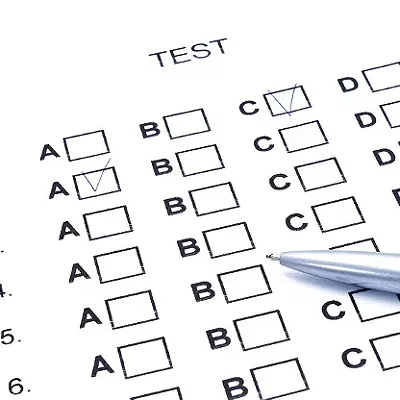Friday, October 9, 2015
Ohio and Arizona Don't Make Charters Look Good
Ohio just passed a law to increase monitoring of charter schools, and for good reason.
After years of reports ranging from financial mismanagement to poor academic outcomes among Ohio charters, pressure has been building from charter critics and advocates alike to overhaul how the entire sector is monitored.Ohio is notorious for problems in the charter school sector. How bad is it? Ohio's charters are being subjected to criticism and ridicule from the school choice crowd.
The bill requires much more in-depth financial and academic reporting from charter schools and management organizations, among many other rules.
Ohio's $1 Billion charter school system was the butt of jokes at a conference for reporters on school choice in Denver late last week, as well as the target of sharp criticism of charter school failures across the state.Ohio papers are filled with horror stories about charter schools, especially those run by for-profits.
The shots came from expected critics like teachers unions, but also from pro-charter voices, as the state considers ways to improve how it handles charters.
Ohio has about 123,000 kids attending nearly 400 charter schools - public schools that receive state tax money, but which are privately run.
One after another, panelists at the conference organized by the national Education Writers Association targeted Ohio's poor charter school performance statewide, Ohio's for-profit charter operators and how many organizations we hand over charter oversight keys to as the sponsors, or authorizers, of schools.
What does this have to do with Arizona? Both states have weak oversight and a poor record of closing charters with bad academic records. And that's bad for charter schools. The whole sector suffers if there's too little oversight and accountability.
The best national studies of charter schools have been done by CREDO (Center for Research on Education Outcomes), a Stanford-based research organization. It leans toward the "education reform"/privatization direction, but the group's work looks reasonably even handed. Its studies are rough and approximate, but that's true of every educational study I've seen. There are too many moving parts in education to put together anything like a definitive study.
In its first large scale study in 2009, CREDO came to the conclusion that charter students performed slightly worse than similar students in district schools — not much, but a little. Its 2013 study reversed the numbers, with charter school students outperforming similar students in district schools — not much, but a little.
Though the national results were close to a wash in both studies, individual states were all over the board. In some states, the school districts looked considerably better and in other states charters that came out ahead. In both Ohio and Arizona, the district schools topped charters by a considerable margin. The study said that in Arizona, students in charters had the equivalent of 22 days less learning in reading and 29 less days learning in math per year than students in district schools. In Ohio, it came out as 14 days less in reading and 43 days less in math.
The CREDO studies gave a few reasons why charters lagged in certain states. They found charters do poorly in states where it's too easy to start a school — the requirements aren't rigorous enough, and there are too many agencies that can hand out charters. And when there's too little oversight and charters aren't closed for poor performance, their poor results bring the average down.
Advocates and critics of charters should agree on the need to improve monitoring of charter schools and increase their transparency. Arizona needs an effective mechanism to close poorly run charter schools. Here in the Wild West of Charter Schools, we don't do well in any of those areas.
A "WTF IS ARNE DUNCAN THINKING?" NOTE: The US Department of Education just gave out $157 million in charter school grants. The largest grant went to Ohio: $32.5 million. Arizona received $24 million (It'll be awhile before we know how the money will be allocated). Ted Strickland, the ex-Governor of Ohio, said, "Too many of Ohio's charter schools are an embarrassment" for the state to get all that money. Others in the state are concerned as well. No one in Arizona seems to be complaining. But if there's something like accountability, why is Arne Duncan rewarding states with poor charter records?
Tags: Charter schools , Ohio charter schools , Arizona charter schools , CREDO , Charter school study














